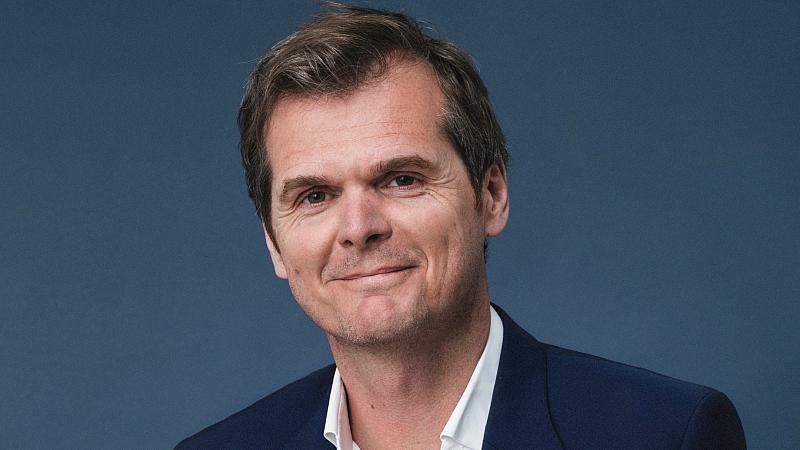
The founder of Culture Trip has said the London-based travel site is to launch an online booking system as it forecasts 2020 revenue in the ‘multimillions’.
Dr Kris Naudts launched the site – which provides insider guides to the best places to stay, eat, drink and see culture – in Elephant and Castle in 2011 and has grown it into a global business with offices in New York, Tel Aviv and Shanghai.
In 2018 the company raised $80m in Series B funding led by PPF Group, taking the total to $102m across four funding raises. Its content is written by around 600 local freelancers with around 300 in-house editors – 150 of whom are based in London – and the site gets almost 20 million visitors a month.
So far it has relied on advertising for its revenue – which came in at £515,000 for the year to September 30th 2018, with a loss of £23.9m – but it is now looking to diversify by launching an online booking system
Dr Naudts told the Evening Standard: “The step from reading something to booking it should be very intuitive.”
He added:
“Both food and travel rank very high up in young people’s sense of identity, more than ever before. They value experiences over material possessions. From an industry perspective, experiences are the 21st-century travel economy.
“You can see that something very exciting is happening here. There are very few companies where technology and creativity meet with the user growth, the funding and the ambition this thing has.”
Former Expedia MD Andy Washington was brought in to drive the launch of Culture Trip’s new online booking division, but left in October, one of a number of staff to leave the start-up last year.
But Dr Naudts told the Standard that the company has learnt and “moved on”.
“When in the last year the headcount started to increase so fast, it was suddenly really hard… How do you lead if someone doesn’t know what you’re about, if they never get a one to one with you?
“We’ve tried to do a really wholesale tackling of some of the challenges that come with hyper-growth. There was some very acute learning to be had, and that’s what we did — we learned and we moved on.”







